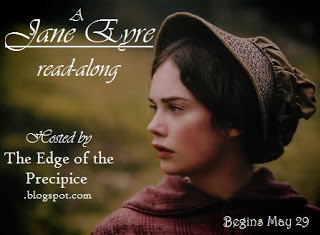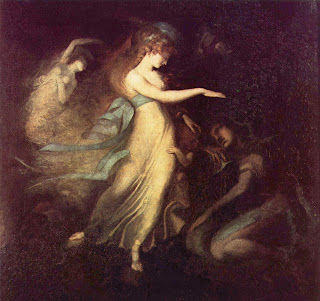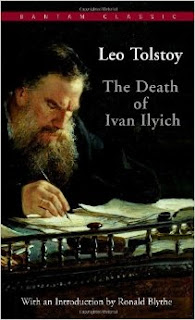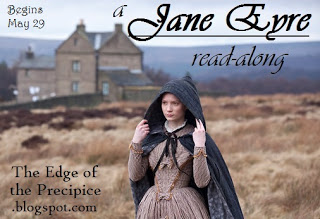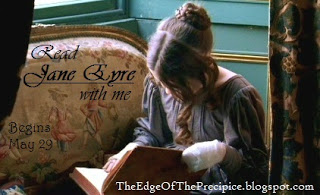I anticipate summer every year because when it arrives I have weeks where I’m able to read, read, and then read again. I usually get at least 7 books finished during summer. This summer I finished 2 books. Usually this outcome would frustrate me but books were replaced with people this summer and everything was as it should be. We made some wonderful new friends, re-connected with old ones, and hopefully helped everyone’s summer be a little more meaningful, as they did ours. It was one of the best summers in a long while. However, now that the blissful time is over, and life is beginning again, the feeling of frustration is looming because I have so many books on-the-go, none nearly finished, and on top of it all, I feel unfocussed. Not to mention, because of both situations, my reviews have been dwindling.
So today, I’ve decided to step back into the enchanted summer memories and share a poem, that I discovered on vacation, by the Chilean poet, Pablo Neruda. So many of his poems bring in evocative images of the sea and nature, which are irresistible to me. And, of course, I spend most of the summer by the sea and nature, so it’s no wonder I feel an affinity with his poetry.
 |
Pine Forest in Vyatka Province (1872)
Ivan Shishkin
source Wikiart |
Here I Love You by Pablo Neruda
Here I love you.
In the dark pines the wind disentangles itself.
The moon glows like phosphorous on the vagrant waters.
Days, all one kind, go chasing each other.
The snow unfurls in dancing figures.
A silver gull slips down from the west.
Sometimes a sail. High, high stars.
Oh the black cross of a ship.
Alone.
Sometimes I get up early and even my soul is wet.
Far away the sea sounds and resounds.
This is a port.
Here I love you.
Here I love you and the horizon hides you in vain.
I love you still among these cold things.
Sometimes my kisses go on those heavy vessels
that cross the sea towards no arrival.
I see myself forgotten like those old anchors.
The piers sadden when the afternoon moors there.
My life grows tired, hungry to no purpose.
I love what I do not have. You are so far.
My loathing wrestles with the slow twilights.
But night comes and starts to sing to me.
The moon turns its clockwork dream.
The biggest stars look at me with your eyes.
And as I love you, the pines in the wind
want to sing your name with their leaves of wire.
Pablo Neruda
trans. W.S. Merwin
 |
Sunset At Sea (1853)
Ivan Aivazovsky
source Wikiart |
Aquí te amo by Pablo Neruda
Aquí te amo.
En los oscuros pinos se desenreda el viento.
Fosforece la luna sobre las aguas errantes.
Andan días iguales persiguiéndose.
Se desciñe la niebla en danzantes figuras.
Una gaviota de plata se descuelga del ocaso.
A veces una vela. Altas, altas, estrellas.
O la cruz negra de un barco.
Solo.
A veces amanezco, y hasta mi alma está húmeda.
Suena, resuena el mar lejano.
Este es un puerto.
Aquí te amo.
Aquí te amo y en vano te oculta el horizonte.
Te estoy amando aun entra estas frías cosas.
A veces van mis besos en esos barcos graves,
que corren por el mar hacia donde no llegan.
Ya me veo olvidado como estas viejas anclas.
Son más tristes los muelles cuando atraca la tarde.
Se fatiga mi vida inútilmente hambrienta.
Amo lo que no tengo. Estás tú tan distante.
Mi hastío forcejea con los lentos crepúsculos.
Pero la noche llena y comienza a cantarme.
La luna hace girar su rodaje de sueño.
Me miran con tus ojos las estrellas más grandes.
Y como yo te amo, los pinos en el viento,
quieren cantar tu nombre con sus hojas de alambre.
 |
Sea View By Moonlight (1878)
Ivan Aivazovsky
source Wikiart |
I absolutely love the image of the wind disentangling itself. Neruda uses so few words but conveys the intricacy and greatness of the ocean …….. the desolate feeling of not only the landscape, but of the absence of his lover. Whom of us hasn’t know the ache of either unrequited love or the anguish that comes from the separation of love? Yet he doesn’t leave the reader without encouragement: still the night sings to him and he loves on.
My favourite line in this poem? “Sometimes I get up early and even my soul is wet.” I can’t describe it, but I can feel it. Amazing.
So this lovely poem was part of my minuscule summer reading, and I thought I’d share it, wrapping up a memory of the past to take into the future …..




